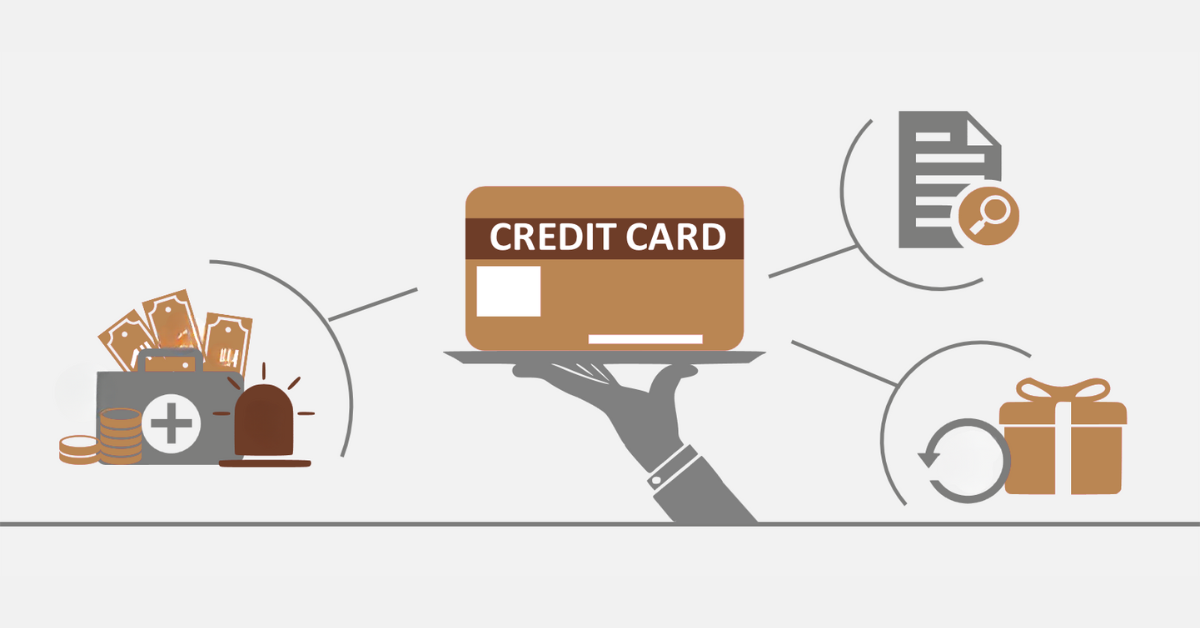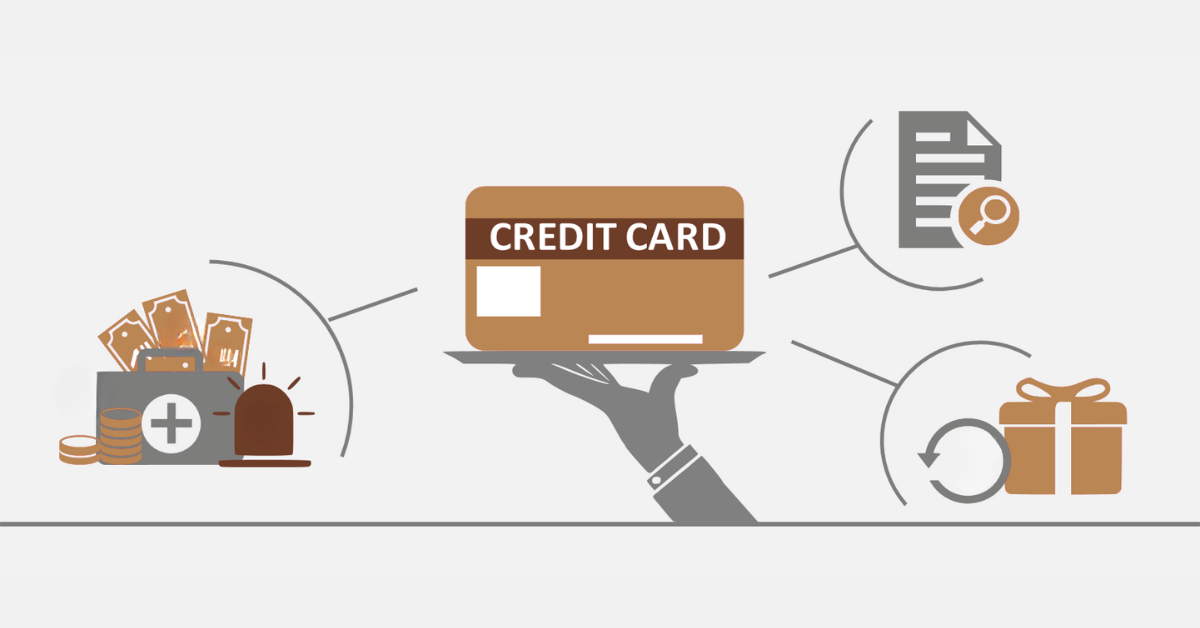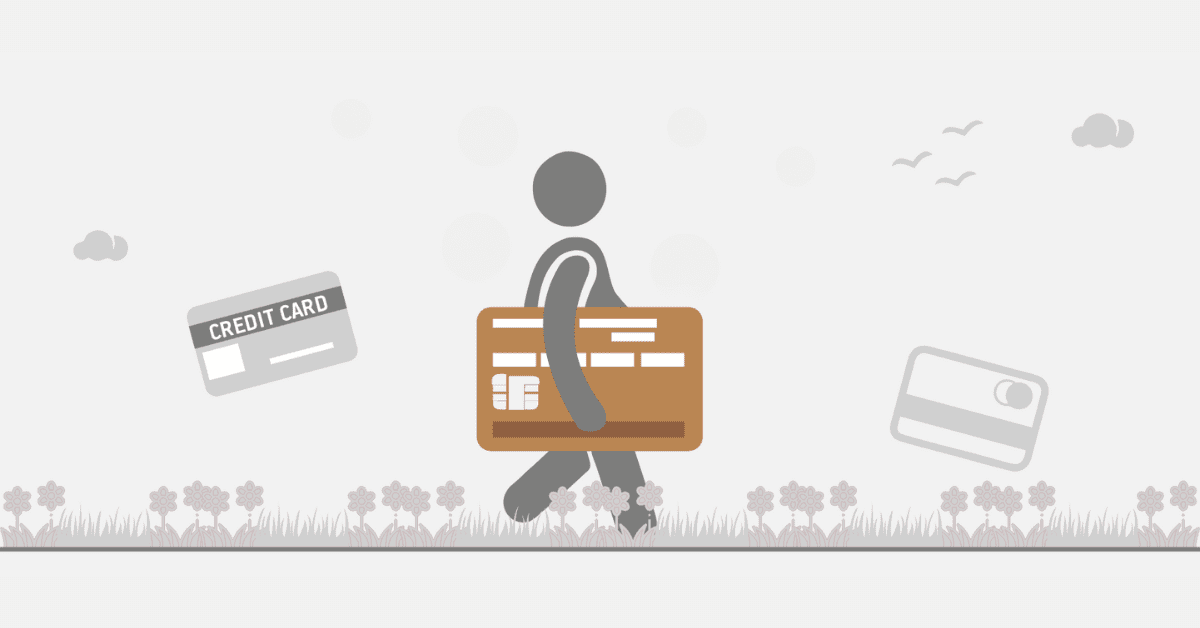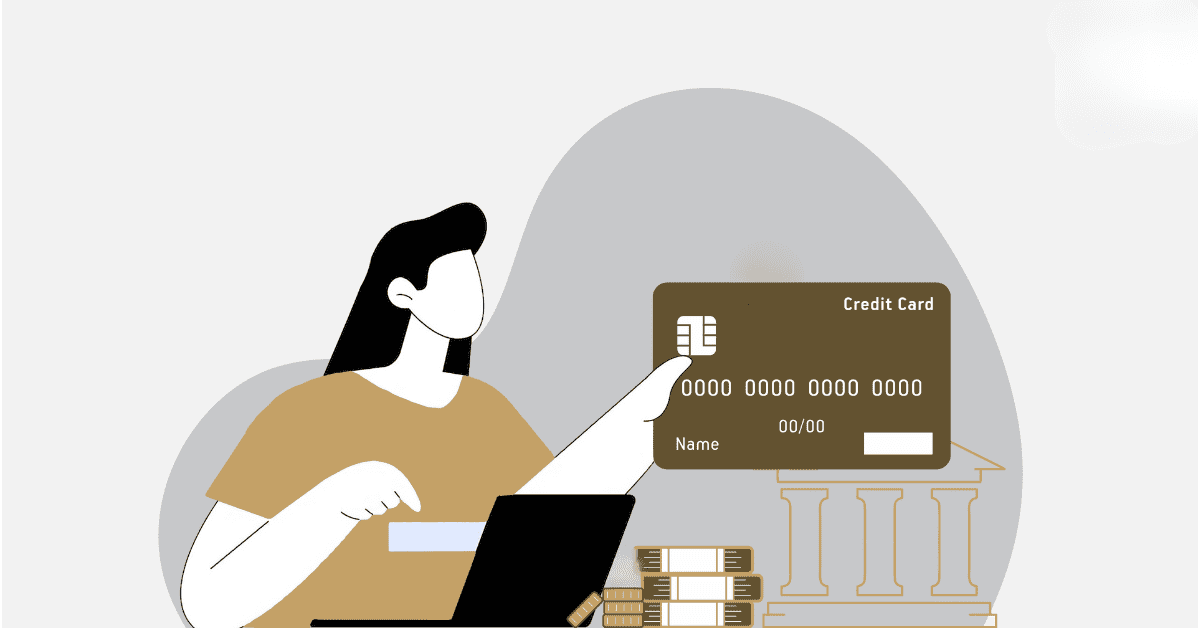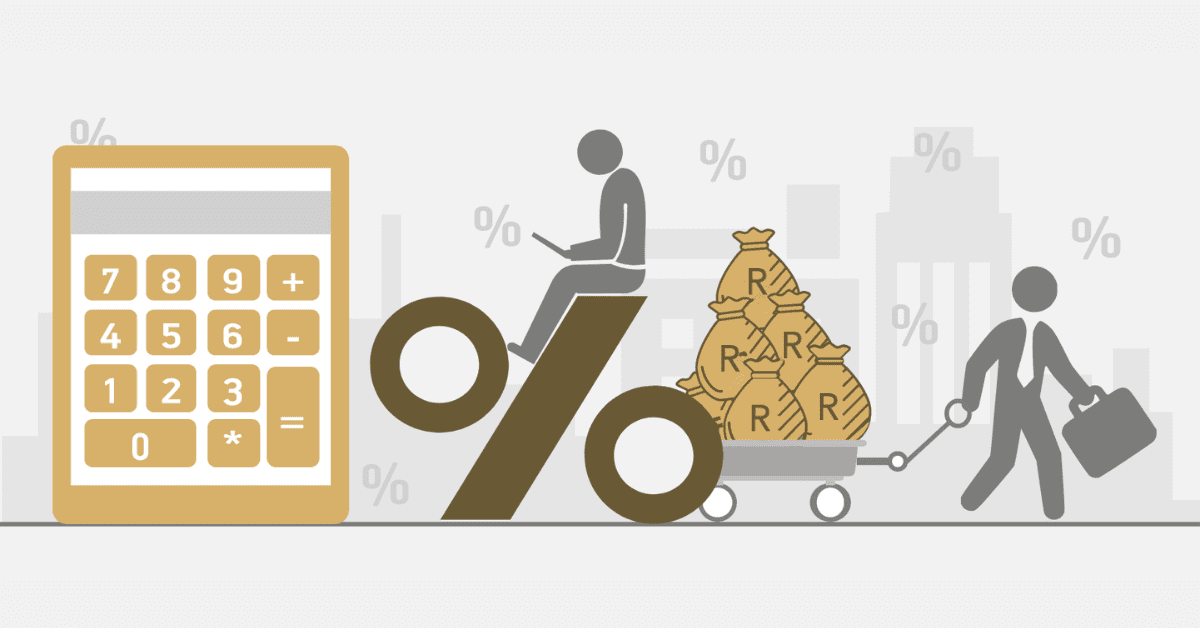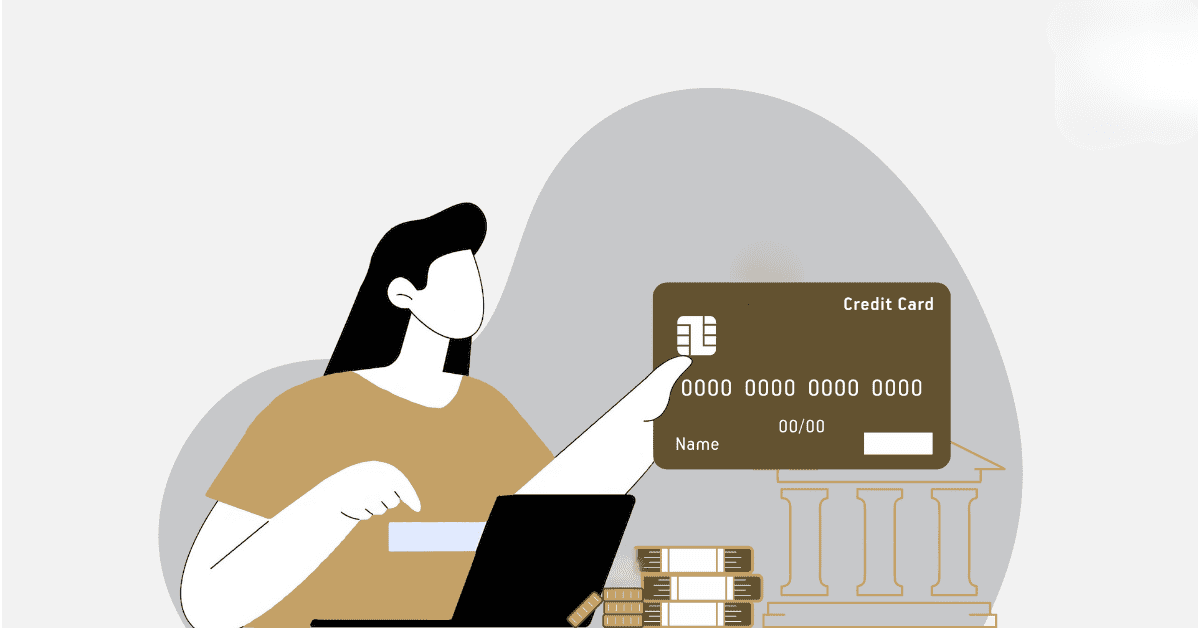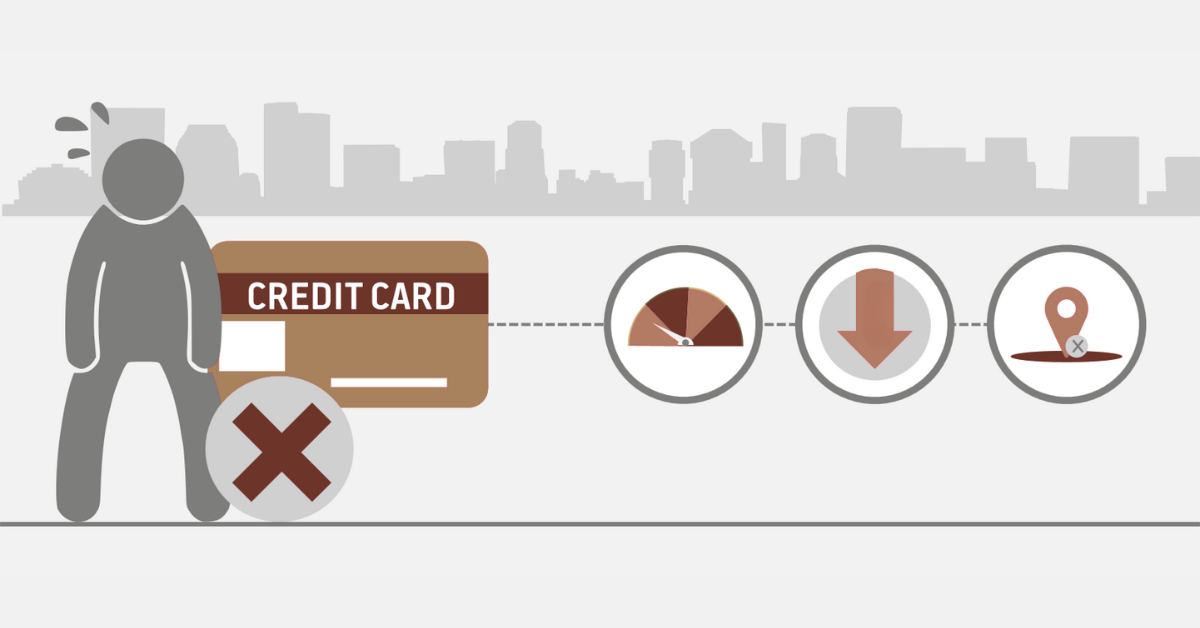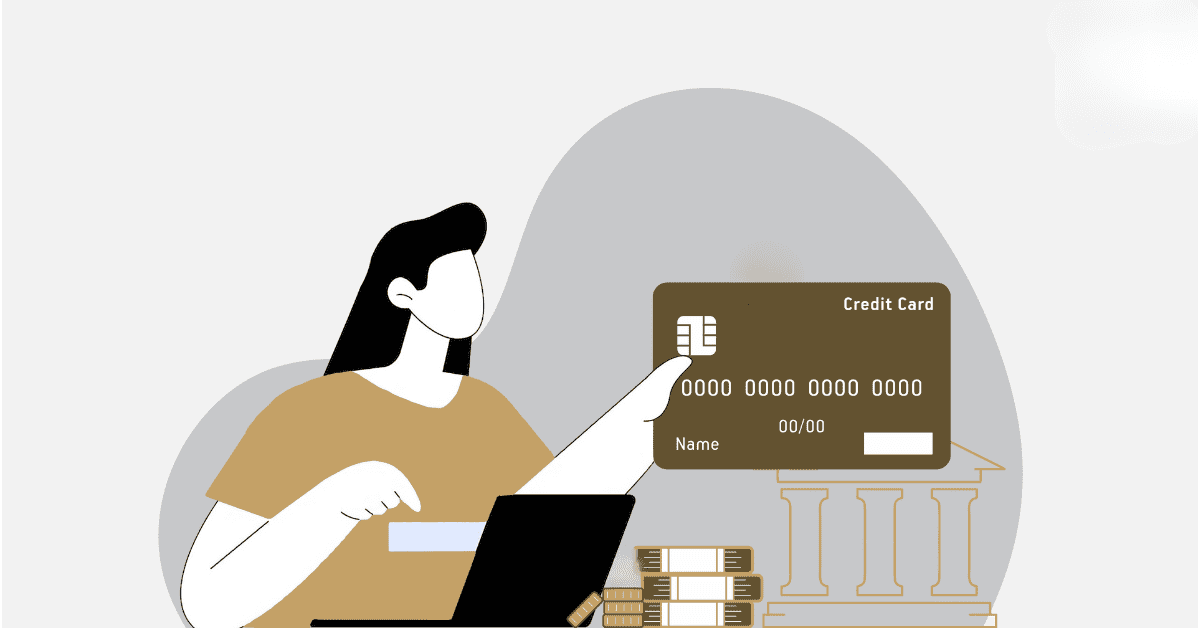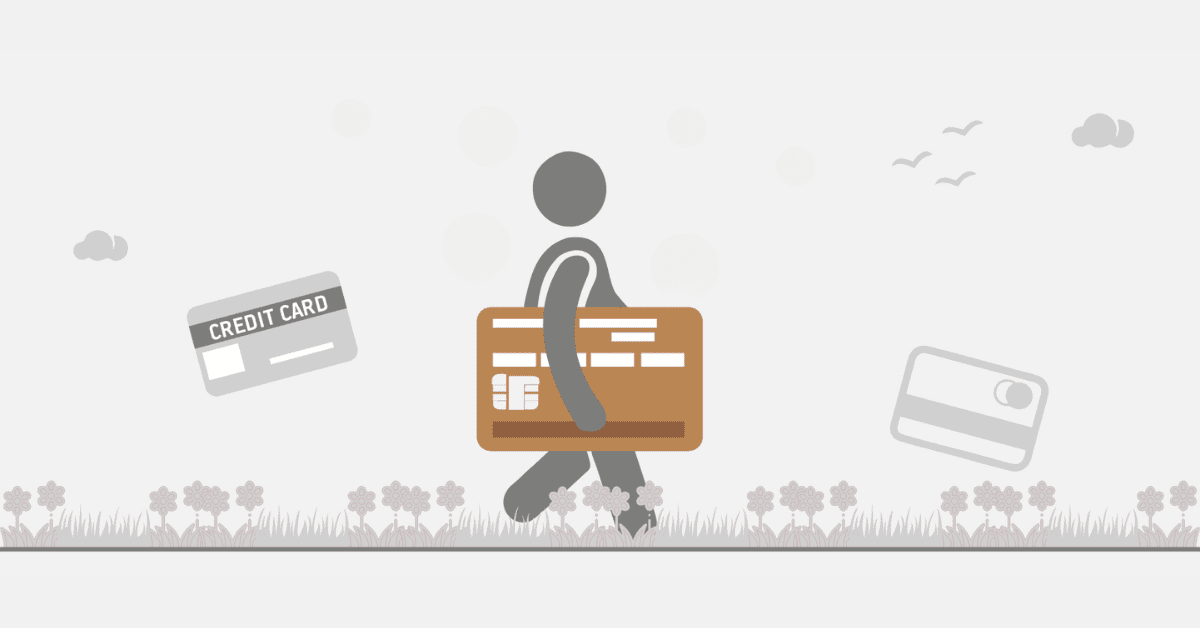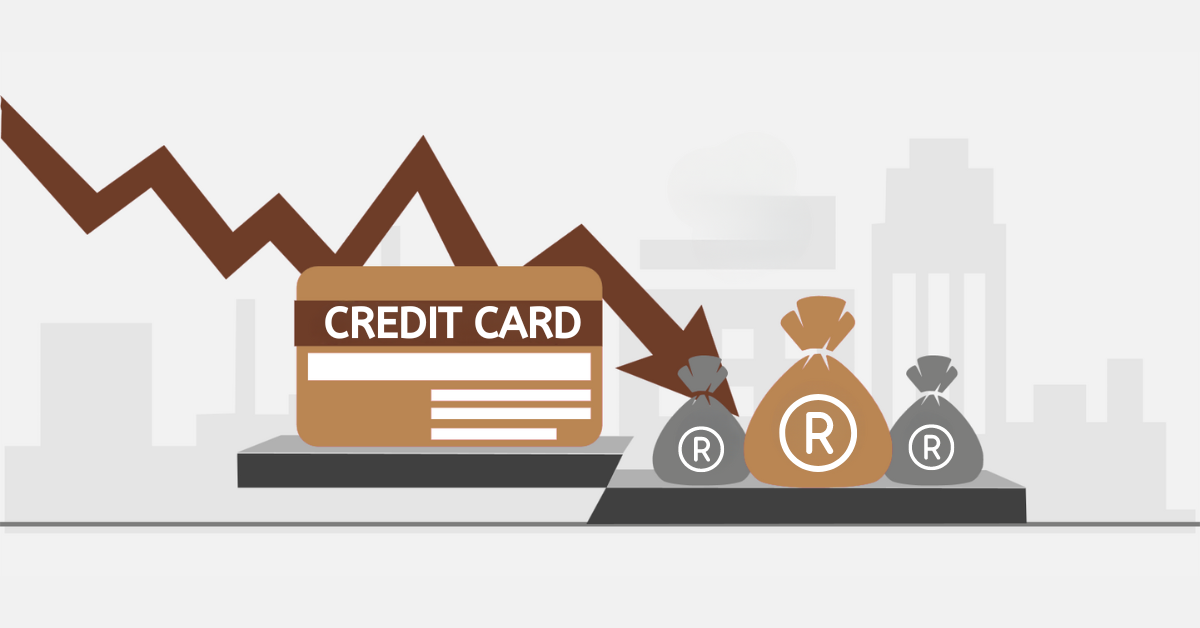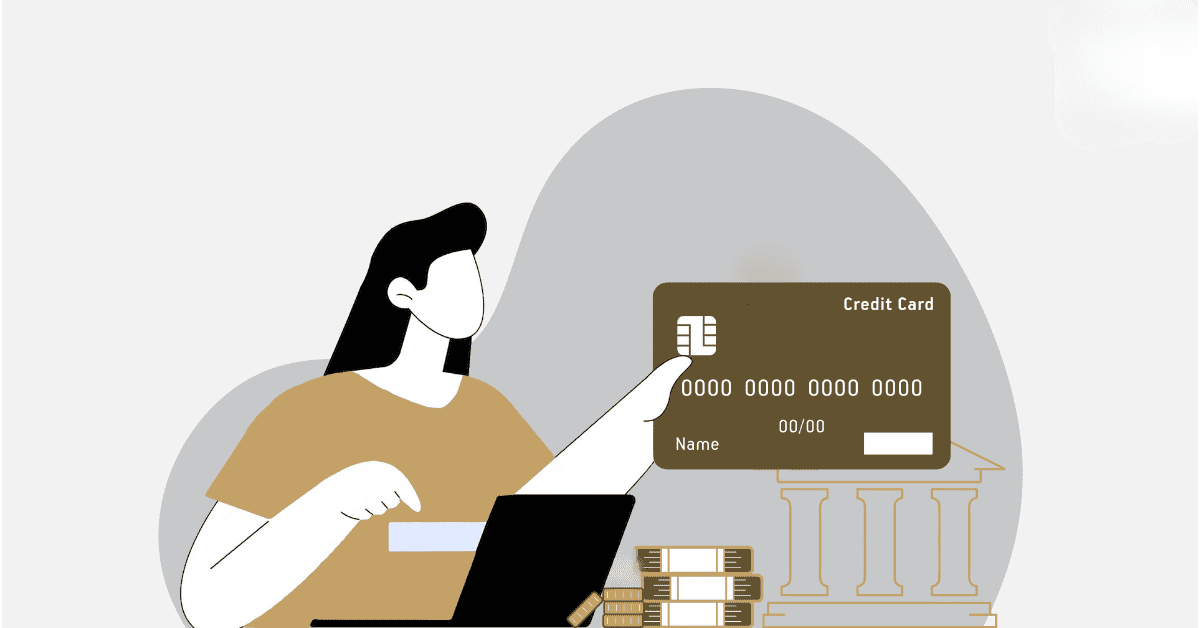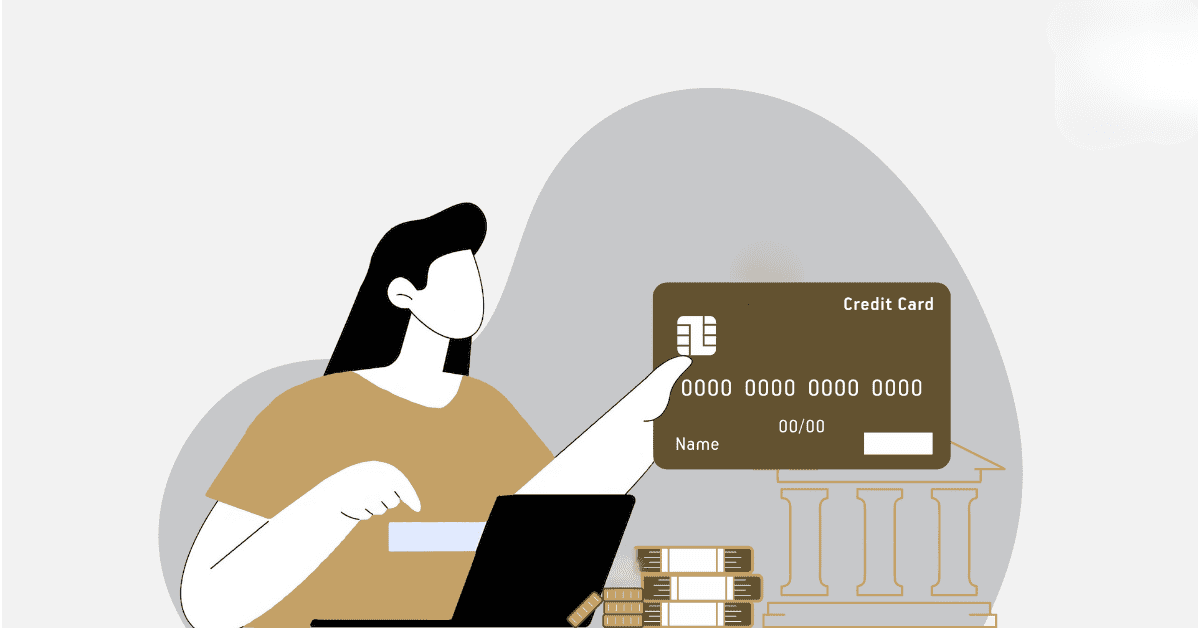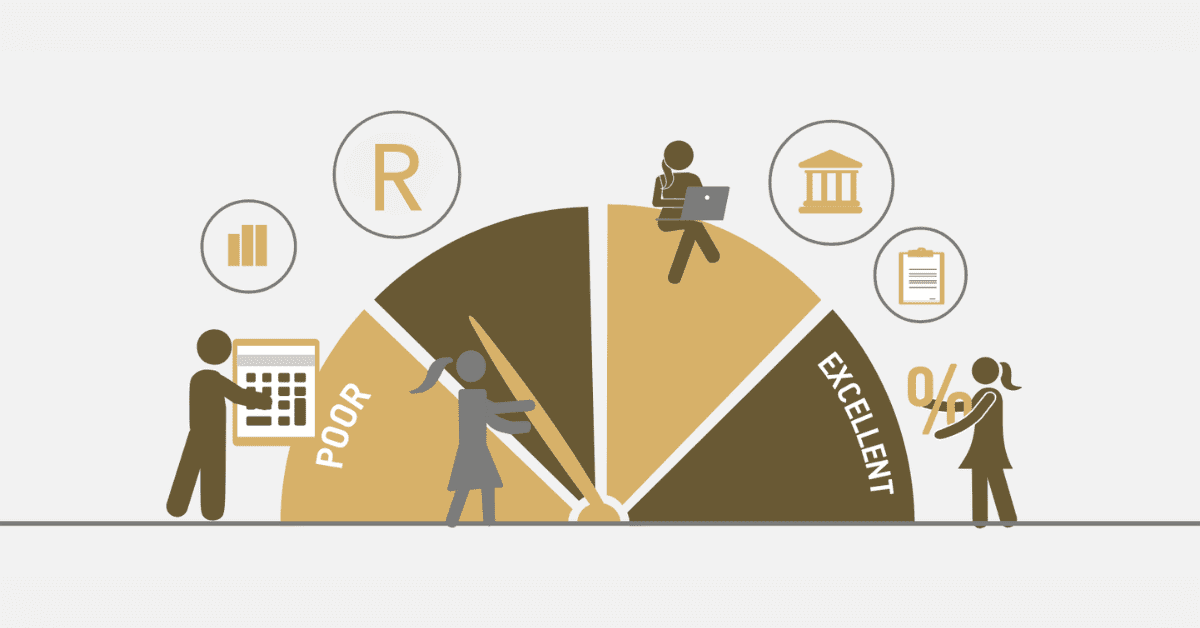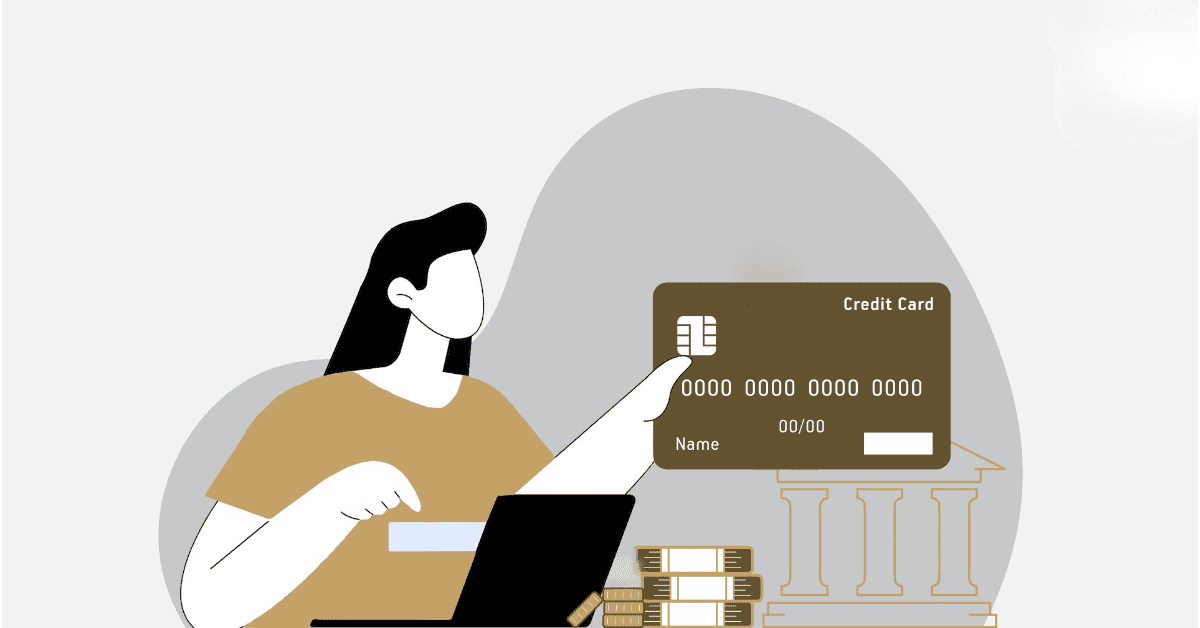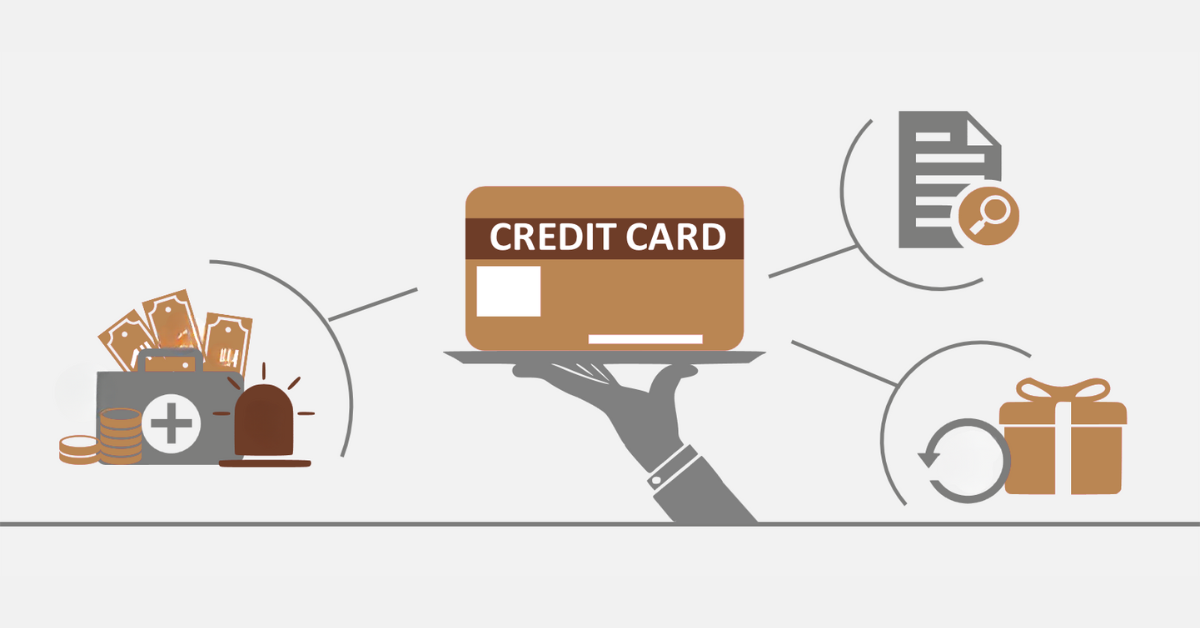Many lenders consider a credit score as a measure of one’s financial health when they apply for a lot. At a glance, the lender can use your credit score to determine the risk you may pose if granted the loan. When your score is below average, a credit card is one effective way of improving it. This article explores the steps you can take to pay your credit card to increase your credit score.
How to Pay Credit Card Bills to Increase Credit Score
Timely payments of the balance on your credit card positively contribute to your payment history. The way you make your monthly payments using your credit card significantly impacts your credit score. For instance, your payment history contributes 35% of your FICO score. Therefore, paying your account on time helps you build your credit score in the long run.
Credit card utilization rate is another important factor that affects your credit score. If you utilize lower credit card limits, your score will improve. However, a higher credit card utilization can negatively affect your score. The duration of your credit history can also impact your credit score. For example, your credit score can benefit from a long credit history. Ensure your account has timely payments, and lower credit utilization to improve your credit score.
When Should I Pay My Credit Card Bill to Increase My Credit Score?
The golden rule is to pay your credit card bills on time to increase your credit score. The credit scoring models used by credit bureaus will search for late payments to determine an individual’s score. If no late payment is detected on your credit report, you will get a maximum number of points in that particular credit score division.
Paying your credit card bill before the closing date of your statement can lower credit utilization, which is good for your credit score. Early payments also indicate that you’re a responsible borrower who can manage credit.
What Is the Fastest Way to Boost Credit Score?
The fastest way to boost your credit score is to pay your bills on time. To mitigate risk, lenders prefer dealing with customers with good credit scores. When your credit report reflects early payments, the lender will not doubt your capability to repay your debts.
Another option to improve your credit score is to check your credit reports for mistakes or other issues of identity theft. Once you discover errors on your report, you should dispute them to the credit card company, which in turn escalates the case to the responsible credit bureau. Everyone is entitled to a free credit report, so this will help you check if there are no mistakes.
Avoid maxing your credit limit to improve your credit score. It is recommended that you use at least 30% of your credit or below. When you stay in your lane, you will be able to stay in control of your credit to avoid late payments that can be caused by overspending.
How Long Does It Take to Recover Credit Score After Late Payment?
The time it takes to recover a credit score after a late payment depends on different factors. Your current financial status plays a pivotal role in determining the time it may take to repair your score. If you have not changed your habits, or your financial situation remains the same, it may take longer to fix your score. However, if your financial situation has improved, it can take you six months or more to turn around your history. There is no exact timeline to fix a credit score, so you should focus on making early payments to improve your credit profile.
What Increases Credit Score Most?
Making timely payments for your bills is the most important thing that can help you increase your credit score. When determining a person’s credit score, the main scoring models, FICO and VantageScore review an individual’s payment history. People who can maintain their credit card payments enjoy good credit scores. To achieve this, you need to automate your payment system.
Avoid applying for too many credits in a short space since this will harm your credit score. When you apply for new credit, the lender makes a hard inquiry on your credit report, and this will negatively affect your credit history. Additionally, too many credit applications might be interpreted as desperation for cash by lenders.
Check your credit report for errors to build your credit score. Mistakes in your report are not good for your credit score. In some cases, common mistakes like clerical errors can affect your credit report. If you identify an error, make sure you dispute it so that it is removed from your report. Identity theft is another issue you should be wary of. If someone steals your identity details, they may use them to access a loan without your consent. This will harm your credit. Therefore, you should immediately report such cases to your credit card company.
Maintaining a low credit utilization rate is another option to consider is to increase your credit score. Maintain your credit utilization rate below 30% to maintain a favorable credit score that does not scare away lenders. Requesting your credit card provider to increase your balance is another measure you should take to improve your credit score.
If you use your credit card responsibly, it can help you increase your credit score. To achieve this, you should create a realistic credit card balance. More importantly, you should exercise financial discipline and avoid bad credit habits like overspending. If properly used, a credit card account has great potential to help improve your credit score.
